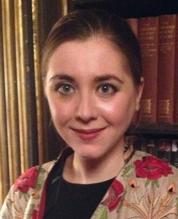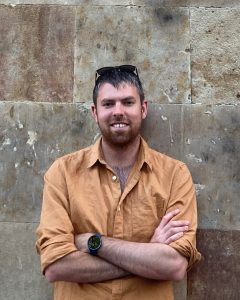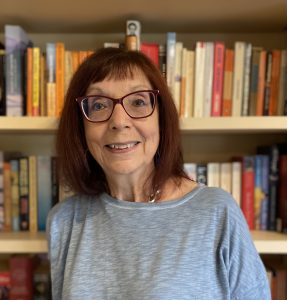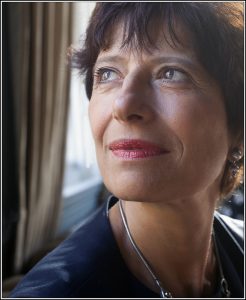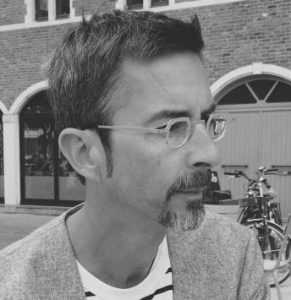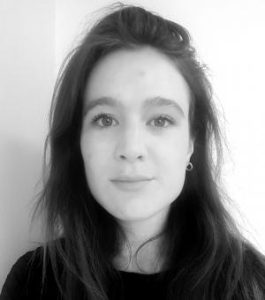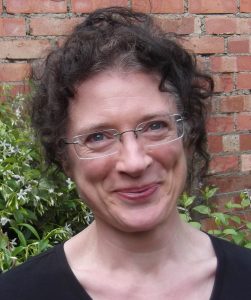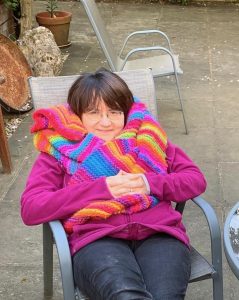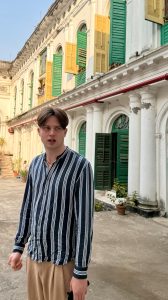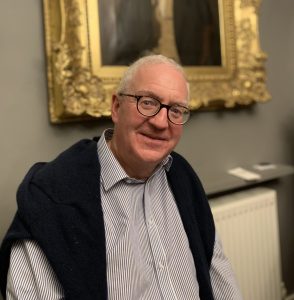About the Course
History and English is a Joint School which allows undergraduates to inform themselves about, and to participate in, many of the most exciting theoretical and practical debates in historical and literary studies.
It is a challenging course covering many of the areas where the latest research is transforming the parent Schools. Both the History and English tutors are committed to interdisciplinary teaching and research, and to the expansion of the Joint School.
Teaching takes the form of tutorials and classes, many of which will be organized and taken by the Fellows and Lecturers of the College. You will also receive tuition from Fellows and Lecturers of other colleges, especially on the History side of the course. Attendance at, and production of work for, tutorials and classes is compulsory, and must be given priority over all other activities. The University organizes courses of lectures which cover the syllabus, but which are not compulsory, and which are not designed to prepare candidates for a particular examination paper. Tutors will, however, be happy to advise undergraduates concerning which lectures are likely to prove most beneficial.
The first year examination is taken in June at the end of the first year. On the History side, candidates must offer a period of British history, and either an optional subject, chosen from a wide range of options; or a paper on historical methods Historiography: Tacitus to Weber. On the English side, two papers must be offered. The first of these is An Introduction to English Language and Literature which also includes an interdisciplinary component. For the second paper, candidates may choose Victorian Literature, Modern Literature or Early Medieval Literature. All papers are taught through a mix of tutorials, small classes, and faculty lectures.
The examination is intended only to consolidate your work at the end of the first year and the result does not count towards the final degree classification. In your second year you will study one interdisciplinary paper (chosen from two options) which enables you to bring together the literary and historical approaches to evidence. This paper is taught by historians and literary specialists in shared university classes. One such course offered at present is Representing the City, 1558-1640, which is co-taught by Professor Paulina Kewes and Dr Ian Archer. The five other papers have to include a history period and a period of literature and then more specialist options drawn from one or other side of the syllabus. Students may include options from English Course II which specializes in early language and literature.
You will also write an interdisciplinary dissertation. The Final Examination (FHS) is taken at the end of three years. Candidates take seven papers in total.
Cultural and Intellectual Life
Students at Jesus find themselves welcomed into a serious, lively, and good-humoured academic community with every opportunity to discuss their thoughts in tutorials, seminars, and College events. Students reading for the joint school of History and English enjoy the benefits of two subject societies: The Herbert English Society provides a forum for exchange of ideas and discussion of literature, criticism, and the arts. The Society invites poets, playwrights, novelists, academics, journalists, and cultural historians. Our recent speakers have included the Booker Prize-winning author Ben Okri, Marina Warner, Philip Pullman, Bernard O’Donoghue, Craig Raine, Hermione Lee, Sally Shuttleworth, William St Clair, Blair Worden and the acclaimed poet Geoffrey Hill.
Jesus College students also run a lively History association, the J. R. Green Society, which is the oldest student history society in Oxford. It hosts informal talks and organises a number of social events each year. Recent speakers have included Ian Kershaw, Lyndal Roper, Peter Heather, Quentin Skinner, Rana Mitter, Hew Strachan, Julia Smith, and Faramerz Dabhoiwala.

